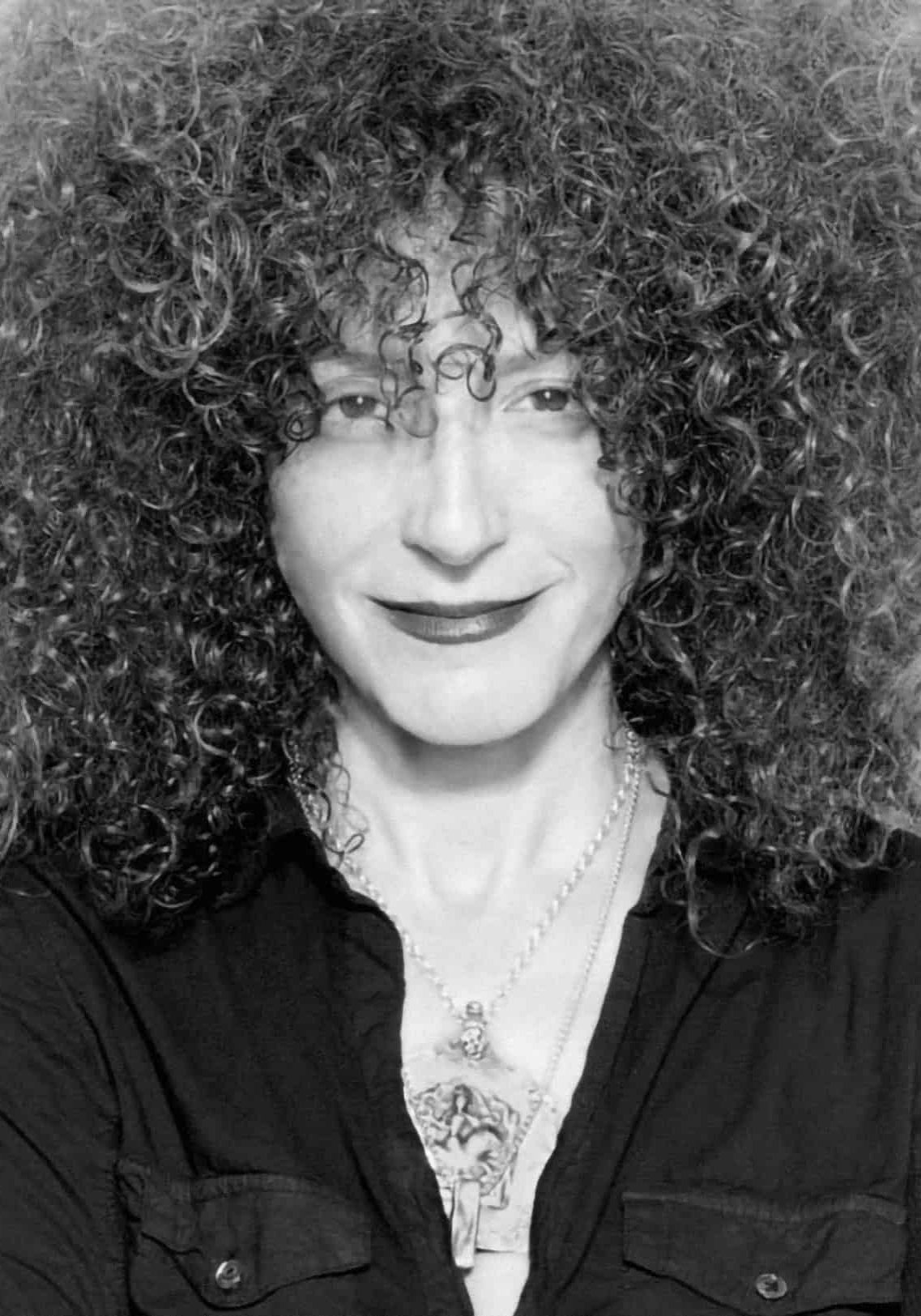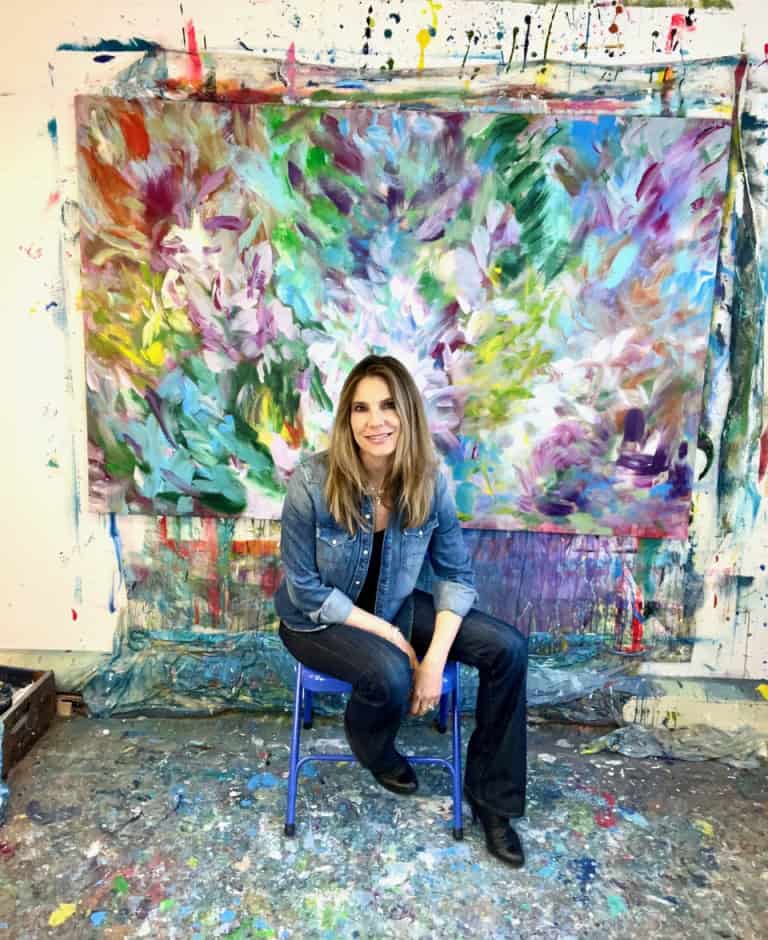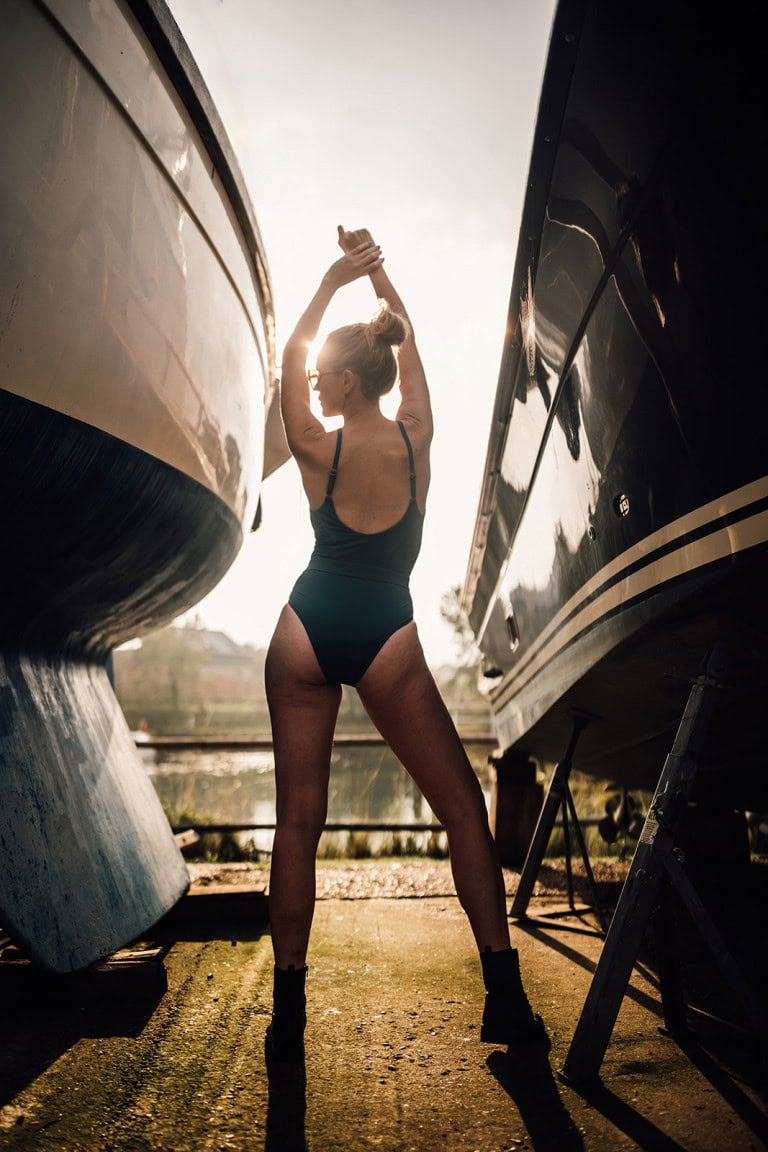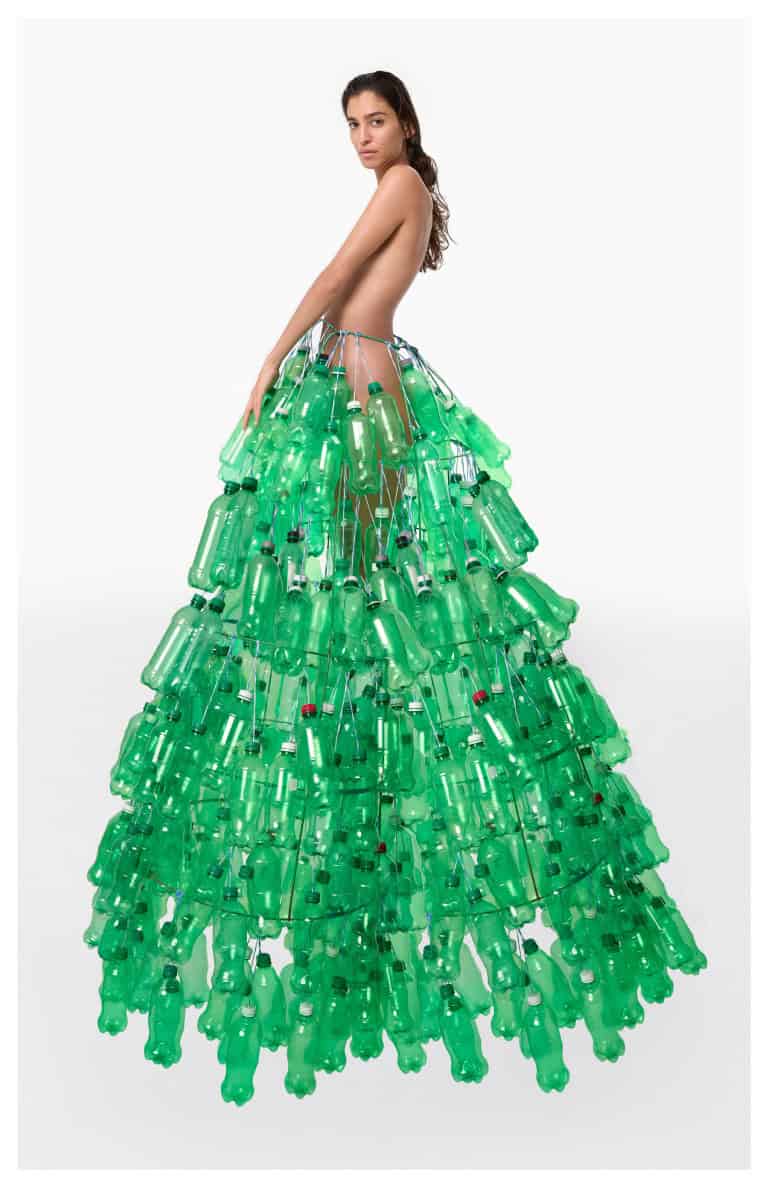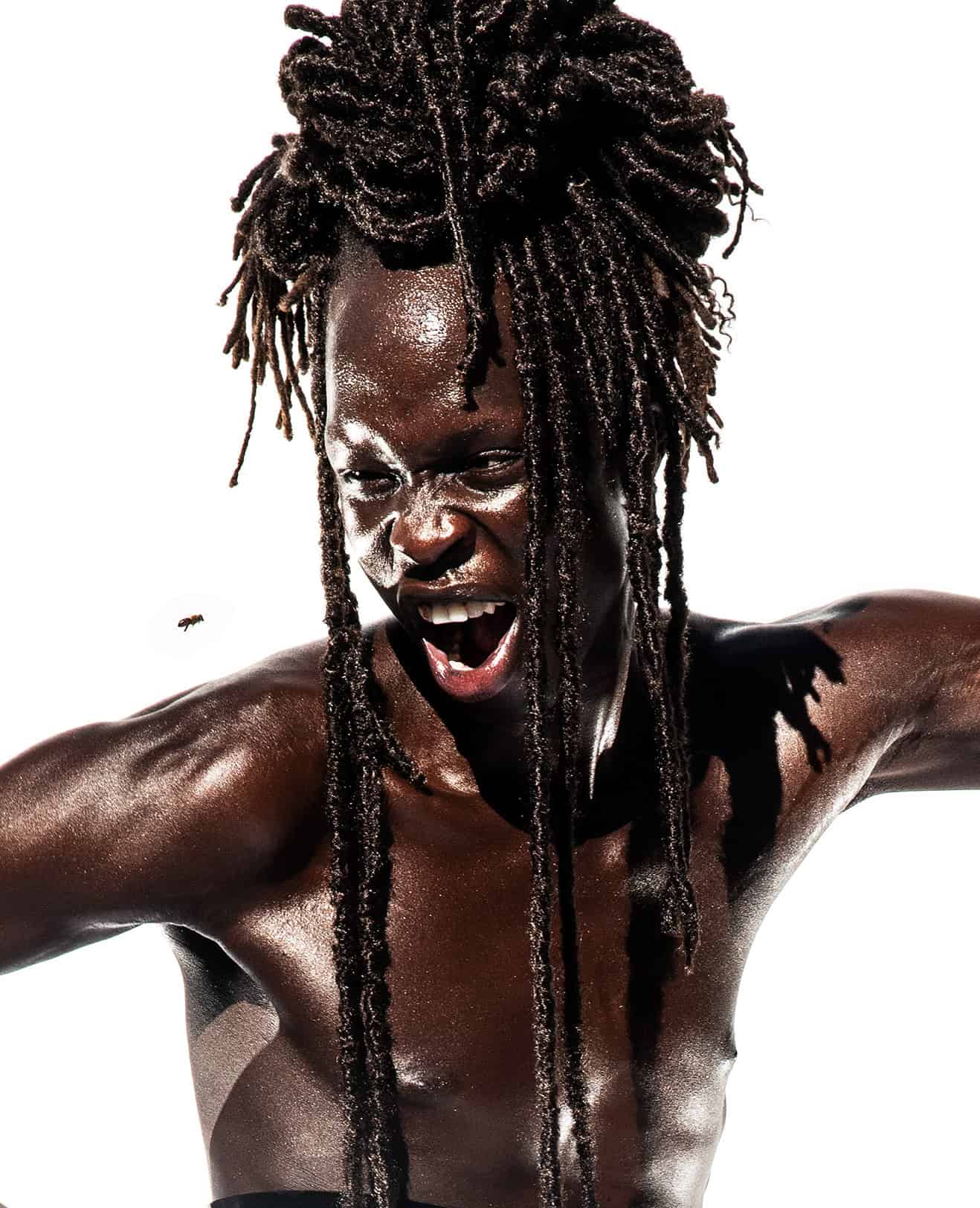
NYANG REAT: ESCAPING SUDAN
Sudanese model and actor Nyang Reat on his journey escaping Sudan, from the refugee camps of Ethiopia to the catwalks and sound stages of New York and Los Angeles.
Miranda Penn Turin for IRK: Nyang, I wanted to do a deep dive with you, if you’re okay with that.
Nyang Reat: Absolutely! I’m okay with it.
IRK: Okay – diving right in! You’re from Sudan. What was it like growing up there?
Nyang: Growing up in Sudan was very chaotic for me. The country was at war. At the time, my family and I were at home and we witnessed people vandalizing the homes and then slaughtering kids.
IRK: Oh, my God, you saw this? Did you see people slaughtering kids?
Nyang: Yes – we had to flee. We had to migrate from South Sudan to Ethiopia because of the ongoing conflict that was happening there, and if the rebels have caught you – if you’re a woman they would rape you, beat you, sell you, and if you’re a guy they would just kill you right there. Through the night, we had to move strategically, and then during the day we would be hidden.
IRK: And that’s how you got to Ethiopia?
Nyang: Yeah, that’s how we got into Ethiopia. And then from there, from Ethiopia, we applied for what is known as a permanent resident card. So my family was accepted to come to the States. At the time I was extremely young, and I didn’t what was going on. I thought this was just the way of life, you know.
IRK: Sure. How old were you at the time?
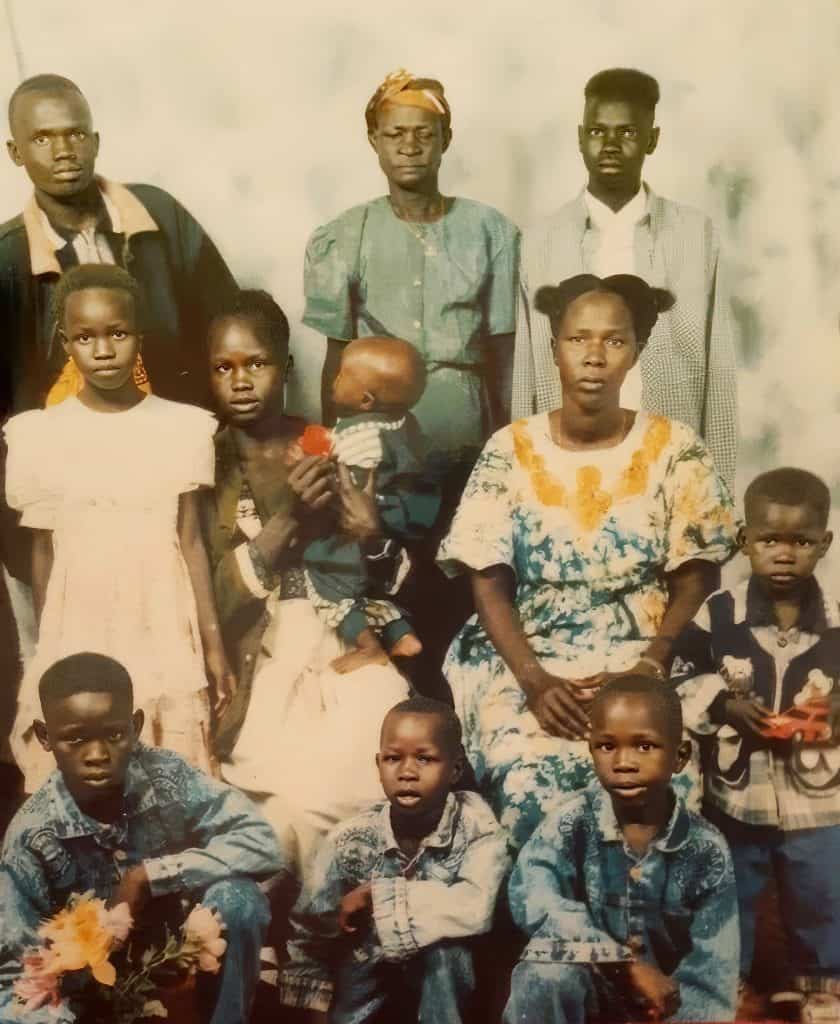
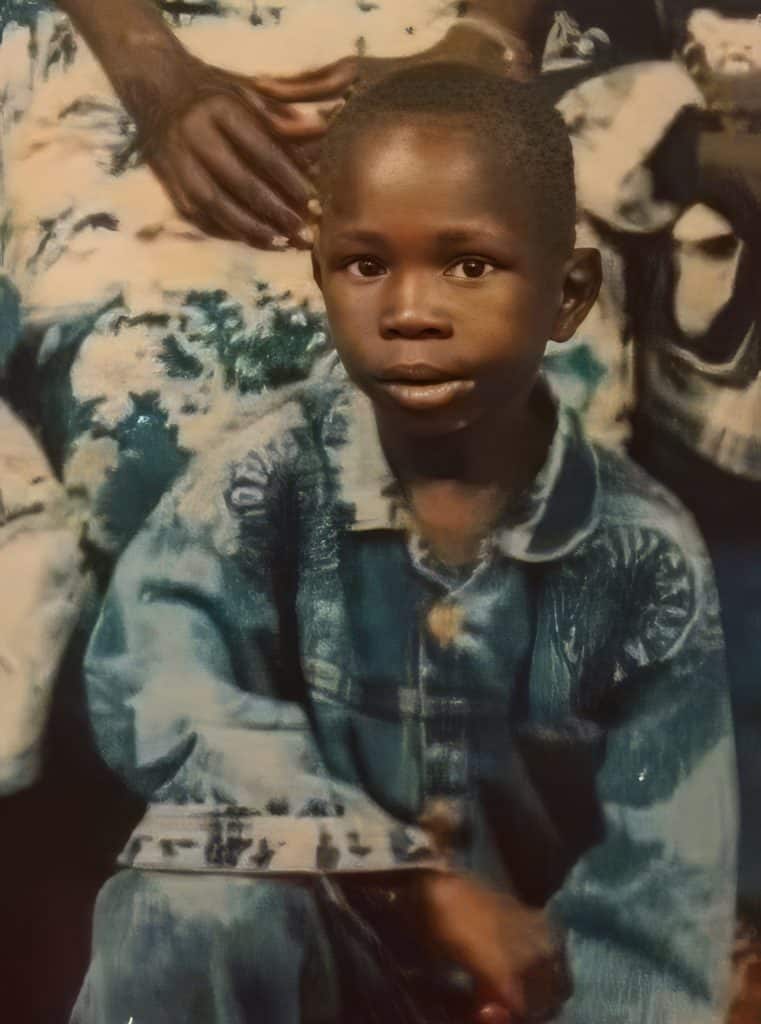
Nyang: I was seven. And so, when my family got accepted, they left and I ended up staying. And they were celebrating, right? Because they just accomplished something that was huge, that would benefit the whole family. And at the time, I didn’t know what was going on. So when the celebration happened – the day after, I woke up and I was looking for my mom and everybody was just gone.
I was devastated for three years. I felt like I didn’t exist because I was just left at this place where people were getting slaughtered.
IRK: Wait a minute, Nyang – your family, wait, I’m sorry. Back up. Your family left without you?
Nyang: Yeah, yeah. They had gotten accepted. They had gotten accepted first.
IRK: And that didn’t include you. That acceptance.
Nyang: Yeah, the acceptance didn’t include me at first.
IRK: Who did they leave you with? Who were you living with?
Nyang: I was staying with my auntie. Okay, yeah, so basically, my immediate family went first, and then, you know, secondary family, as you would say, after.
IRK: That included you?
Nyang: Yes, and that included me, after.
IRK: And how many years after they left did you have to wait to leave?
Nyang: Four years. And by then, you know, I felt like I had to grow up extremely fast because of the things that were happening there.
IRK: Of course, and as a young man in a war-torn country, you’re potentially a commodity, because you can be taken and recruited or trafficked. I mean, you know anything can happen to you. It’s a very vulnerable position.
Nyang: Exactly.
IRK: How did you stay safe?
Nyang: They have these camps in Ethiopia. So the camps are divided by, I guess, regions – but within them, everybody is welcome. So if you made it to Ethiopia and Addis Ababa, you’re basically safe.
IRK: And you felt welcome and safe there.
Nyang: I didn’t know any better, but now looking back at all that, you know, it definitely traumatized me.
IRK: Of course – we’ve all heard the horror stories coming out of Sudan. I have a friend who made a documentary about it that was on HBO, Sand And Sorrow. He was deeply immersed in everything that was going on in Sudan. But the point of view of someone Sudanese who is young and going through that – that’s just that’s not something that any of us here in the United States have access to.
Nyang: But I could say this – amongst all the trauma and everything that happened, I’m definitely grateful for the opportunities that I have now and being able to do something that I love and I enjoy. Because I never thought in my life, you know, that I would be doing something like this.
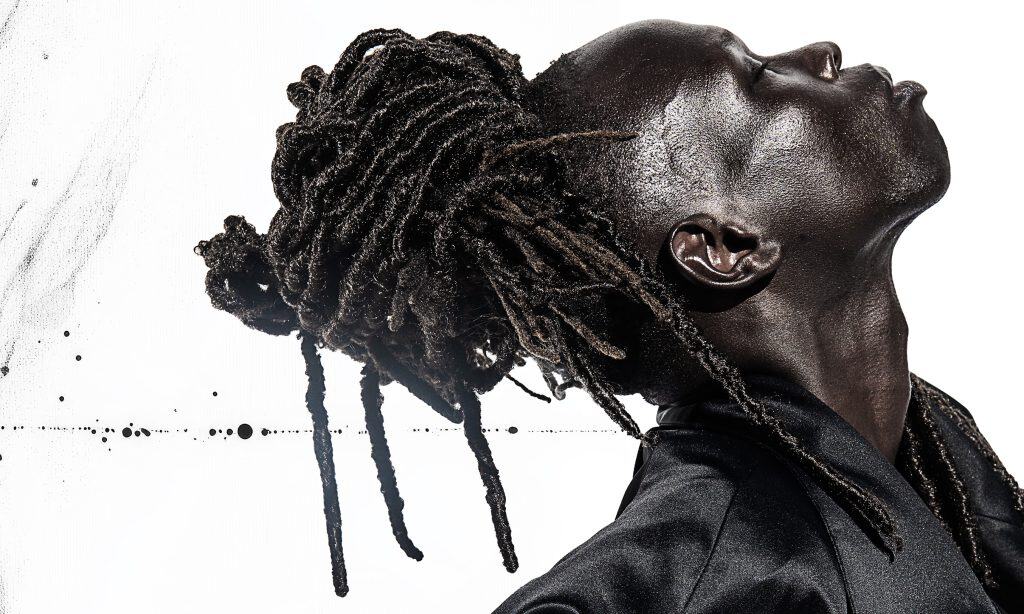
IRK: Well, it’s amazing that you have – you’re clearly a survivor and a really strong person. So how did you end up in the US from Ethiopia?
Nyang: After our permanent residence got accepted, my first family lived in Denver, Colorado. After I got accepted, then my second family and I came to Denver to reunite with the rest of my family. I guess for me, I don’t know – I felt like, like at the time, we had sort of just grown apart.
IRK: I mean, how could you not? You’d be estranged after having been left in Ethiopia on your own. I’m sure it was a very emotional experience.
Nyang: Yeah, it definitely was. And, you know, at first, when I first saw my family again, I thought I was going to be welcome. But there was a sort of detachment, and I didn’t know how to cope with it.
IRK: Wait a minute, Nyang – you’re saying that when you came to the US to reunite with your parents – and do you have siblings?
Nyang: Yeah, I do, yeah.
IRK: And they went with your parents? Were they younger than you?
Nyang: They were older.
IRK: So when you reunited with them, you didn’t feel welcome?
Nyang: Yeah, I didn’t. I felt very isolated.
IRK: Because they had spent four years getting used to the country and and growing up. So your siblings – how many of you are there in the family?
Nyang: We have a huge family. My father has two wives. There are fourteen children.
IRK: Did anybody stay behind with you in Ethiopia? Did you have any siblings with you?
Nyang: Yes, from my second mother.
IRK: She’s not your birth mother but you still have a very close family.
IRK: Wow! You don’t do any strength training or anything like that?
Nyang: On certain days I would go to the Culver City stairs, run the stairs, just to develop my glutes, right? My hamstrings, my calves.
IRK: Those stairs are hard to walk up, running up them is a whole other thing.
Nyang: Yes – and I feel more attachment towards her.
IRK: Uh huh, because you were with her for those crucial years. And did you have any siblings there with you at the time?
Nyang : From my second mother? Yeah, but they were a little bit older.
IRK: So you’re the youngest – a seven-year-old boy. That must have been very traumatic. So you get to Colorado, and eventually you feel like you settle in. You’re about eleven by this time. What were your first impressions of America? I mean, the culture shock must have been vast. You know, to go from being a refugee –
Nyang: Yeah, yeah, exactly. It was definitely a culture shock for me because I’ve never seen any snow – this sort of weather was terrifying for me.
IRK: (laughs) Terrifying weather!
Nyang: Yep, we got it. Not only that, but the culture as well was very different.
IRK: Sure. I mean, we have such a throwaway culture. I once saw a comparison of what a year’s worth of food looked like in different countries, and what it looked like in Sudan versus what it looked like in the US was just embarrassing. We’re such a culture of over consumption – that alone must have been kind of a shock.
Nyang: Yeah, it was. It was definitely an experience for me, sure. Nonetheless, though, I did adapt to the situation.
IRK: Clearly! When you were in Ethiopia, were you learning English? Because your English is so perfect.
Nyang: Thank you. No, actually, when I first came here to the States, I didn’t know a lick of English whatsoever. I actually got made fun of so much. Who’s this, you know, tall, lanky kid, skinny, don’t know a lick of English.
IRK: Oh, that must have been so hard.
Nyang: Yeah, I had to defend myself on numerous occasions. Just from bullying and all this kind of stuff. It was just – it was actually a time in my life when I came to the stage where I thought about suicide.
IRK: Oh, oh, I’m so sorry. Oh, that’s heart wrenching! And what kept you going?
Nyang: I had a self-reflection, and I was just like, okay, you know, obviously this situation right here isn’t working for me. Maybe if I just move away and start over, see what life has to offer for me. So I went to a community college in Colorado, and after that, two of my brothers and I were like, dang, you know, this can’t be life. There has to be more to life. And so my brothers and I drove from our school in Colorado to Phoenix, Arizona.
IRK: Very different!
Nyang: Extremely different. It was like 110 degrees every day. Another shock to the system.
But that’s where I got started with the modeling. I’d seen a couple of friends that were doing it – and I thought about it, because I’ve always loved theater and being able to express different characters and different emotions. I was thinking – I do have these experiences that happened throughout my whole entire life. Everything that had happened – I could pull from that experience.
IRK: That’s the method, when you’re pulling emotions from your own experiences.
Nyang: Exactly. So I did a couple of competitions in Phoenix Arizona, I was the male model of the year out there. And so I got signed to Phoenix, which is one of the top modeling agencies out there. And I was like, okay, I know for sure I’ve got what it takes and I’m determined to make this happen. What’s my next move? And I thought, Los Angeles, yeah, this is where it all happens. Yep, yep. Have to go out there. And for weeks I contemplated – could I really do this? I don’t have any friends there, no family, this is going to be extremely difficult. But then I looked back, and –
IRK: Yeah, this is nothing for you. There is no Janjaweed in LA.
Nyang: Exactly. So I packed a bag, took my vehicle that I had at the time – it was an older Dodge. I had no plan, came out here, lived in the car. I got a job working at night and would go to castings during the day. That’s how I structured it.
IRK: What was the work you were doing at night?
Nyang: I was doing security, and then I was doing working at Amazon, which was so bad.
IRK: Amazon, yeah, I’ve only heard the worst stories.
Nyang: But I didn’t have many options.
IRK: So you just came on your own. You didn’t have any connections.
Nyang: I did have my agency – Photogenics.
IRK: Oh, fantastic – so you were already with Photogenics. That’s amazing.
So you’ve been modeling for how many years now?
Nyang: When I really started taking it seriously would be when I moved out here, so I would say five years.
IRK: Okay, so fast forward to now. You’ve done a lot of projects for some really amazing brands. What do you think has been your favorite so far?
Nyang: Obviously having an opportunity to work with you!
IRK: Thank you so much! I loved working with you too. But for a brand, what’s been your favorite project so far?
Nyang: When I worked for Louis Vuitton, that was surreal moment for me. That’s when I was like, holy shit, now it’s getting serious, and you could definitely have what it takes. And people, people are noticing.
IRK: Absolutely. You’ve done lots of cool campaigns and runway. Like the images for Roberto Cavalli
Nyang: And I did three seasons for Amiri, which was tremendous –
IRK: There’s advertising for Bottega Veneta, Balenciaga – those are dream assignments. Has it mostly been here or have you traveled?
Nyang: I’ve been to New York a bunch of times. We did some campaigns there.
IRK: How do you like New York?
Nyang: I love New York the best. I love New York.
IRK: Yeah, I’m a New Yorker, so I’m a little biased, but, yeah, it’s so amazing. I love LA too, though, you know. It takes a while to get used to the differences in the cities, but they both have their amazing advantages.
Nyang: They do, yeah. I love the rush that New York gives you.
IRK: Yes – you put your feet on the ground and it’s like you plug into this incredible source of energy.
Do you have a particular brand that’s a favorite that you’d love to work for the most, or are you just a fan of it all?
Nyang: I’m a fan of it all, but I do like Entire Studio.
IRK: I don’t know that line.
Nyang: Check them out. It’s a small company brand out here in Los Angeles. They’re growing at a fast rate, and I just love how their garments fit and feel.
IRK: All right, terrific – I’ll check them out. So – you’re starting to investigate acting. What are some favorite movies or favorite directors? Who do you like?
Nyang: Some of my favorite movies are – Training Day –
IRK: Great movie. Antoine Fuqua.
Nyang: I like Django as well –
IRK: Django is amazing. Powerful stuff we’re talking about.
Nyang: Yeah. I love Leonardo DiCaprio.
IRK: He’s incredible. Yes, I saw that little video you made of his scene from Once Upon A Time In Hollywood on Instagram. That was fantastic.
Nyang: Yeah, he’s amazing. Denzel is one of my favorites too.
IRK: He is the consummate actor.
Nyang: And Quentin Tarantino is fabulous.
IRK: If you could work with anybody, who would that be?
Nyang: Oh, Tarantino absolutely. I don’t know how that would come about, but it would definitely be a dream come true.
IRK: You’re in the right town. Are you studying acting?
Nyang: Yes – at Anthony Gilardi on Melrose.
IRK: The more you know, the more experience you have, the more you’ll hone your chops. Tarantino loves interesting people. You are certainly an interesting person.
Nyang: Well, thank you. Thank you. I truly appreciate it.
IRK: Do you have a favorite dish from home? Is there a favorite dish from Sudan that is something that you would want to be able to serve to friends?
Nyang: I guess for me – a lot of us don’t eat pork or beef or chicken –
IRK: So you’re vegetarian –
Nyang: Exactly, but I do eat fish –
IRK: Pescetarian.
Nyang: Yes! So say, like, a fish stew, uh huh, yeah, a fish stew with injera. That’s actually something I would serve to my friends, with lentils.
IRK: That sounds fantastic. And what are some of your favorite things to eat here?
Nyang: Three weeks ago, I found this place – it was called Bossa Nova. They had a goat cheese pizza that sounded very interesting, so I had it – I was like, oh my days this is absolutely magnificent. Los Angeles is actually a phenomenal place to be if you’re vegetarian or vegan.
IRK: I’m sure Colorado when you were a kid probably didn’t have the options you were looking for.
You are in incredible shape. Is that genetic or do you have a workout routine?
Nyang: I believe some of it is genetics, and some of it is just like my determination. During COVID, I started running a lot more – the gym is kind of closed, right? And I started falling in love with it, because I started watching track and field. And I was like, okay, maybe I could learn a few more techniques, purchase the right shoes, and do certain workouts that would not eliminate, but maybe prevent serious injuries.
I was never in this shape in my life before. Now I run about easily. I could run for anywhere from like 10 to like 20 miles.
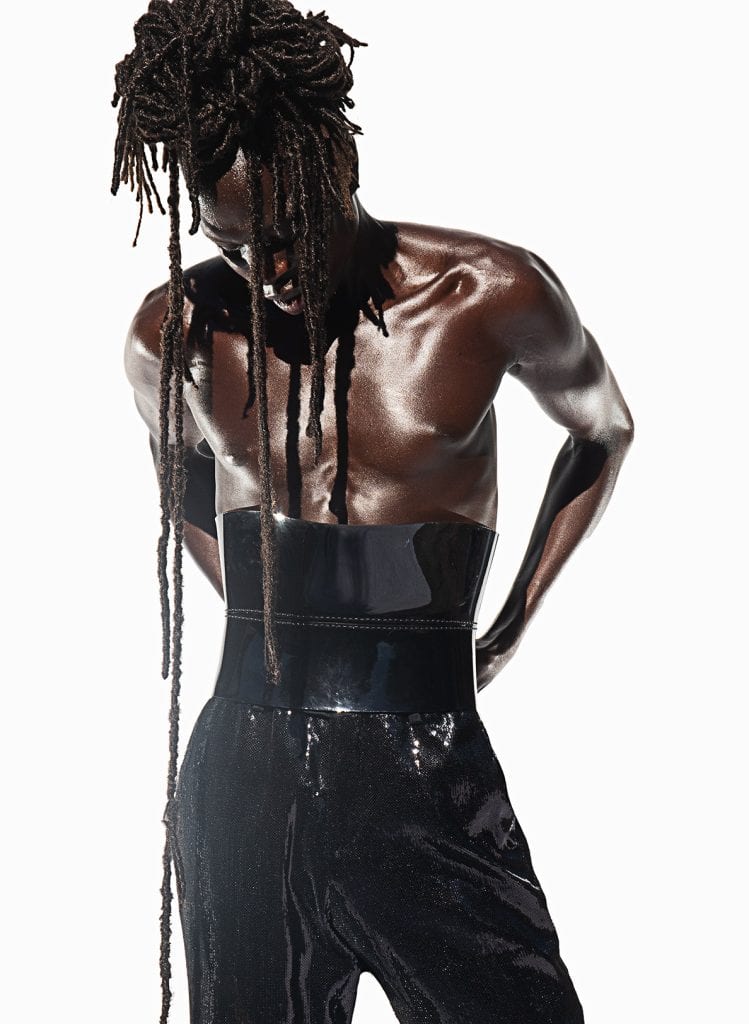
IRK: Those stairs, man, they’re hard to walk up, running up them is a whole other thing.
Nyang: Yeah, it’s extremely difficult. But, you know, just like everything else, it just takes time. And if you say, you know, I can’t do this, you’re never going to do it. I go in there with the mindset that I’m going to have it finished and I’m going to do it. Then at the same time you want to quit, but then, you don’t want to quit, and then once you start to reach a certain point, you get this adrenaline rush
IRK: Absolutely. Circling back – when you go to New York, where do you stay?
Nyang: If I’m going there solo and don’t have work, I would get an Airbnb. And the times I’ve gone to New York for work, I stay at the Walker Hotel in Greenwich Village.
IRK: Last question Nyang: you have a day off. What’s your favorite activity in your free time?
Nyang: I would say one of my favorite activities would be to just get in my car – I’ll grab a book, a few apples, and just drive to Encino. I’ll run these trails, and then after the trails, during sunset, I would sit on top of my car, on the hood, and read and just watch the sunset.
IRK: Beautiful.
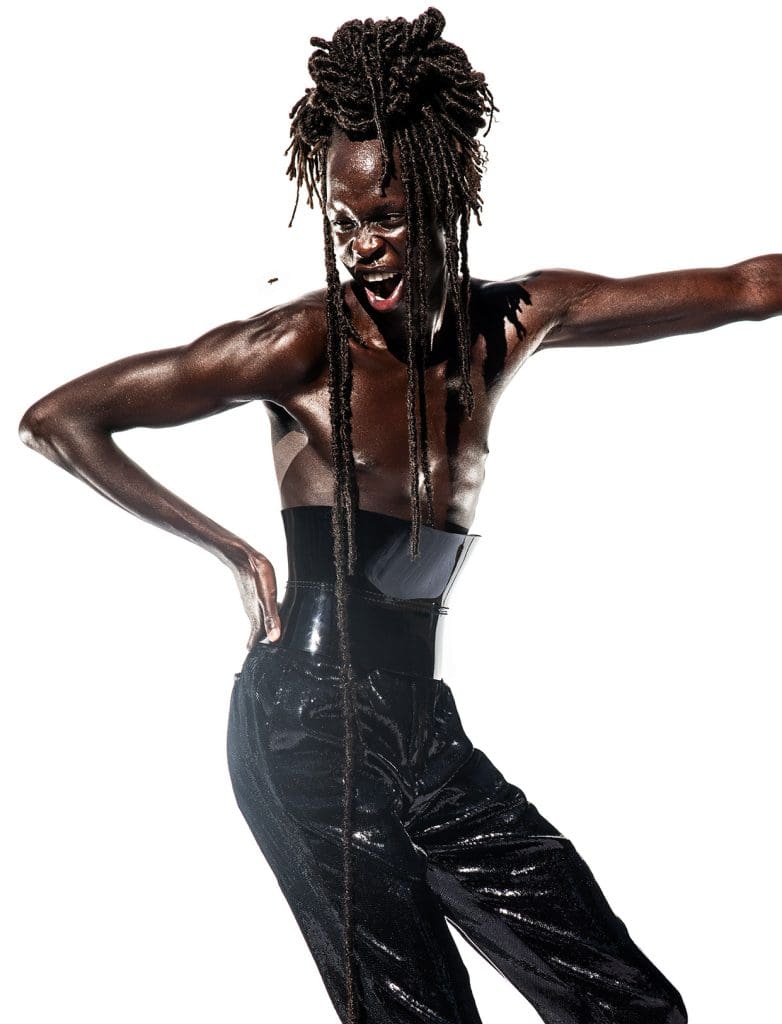
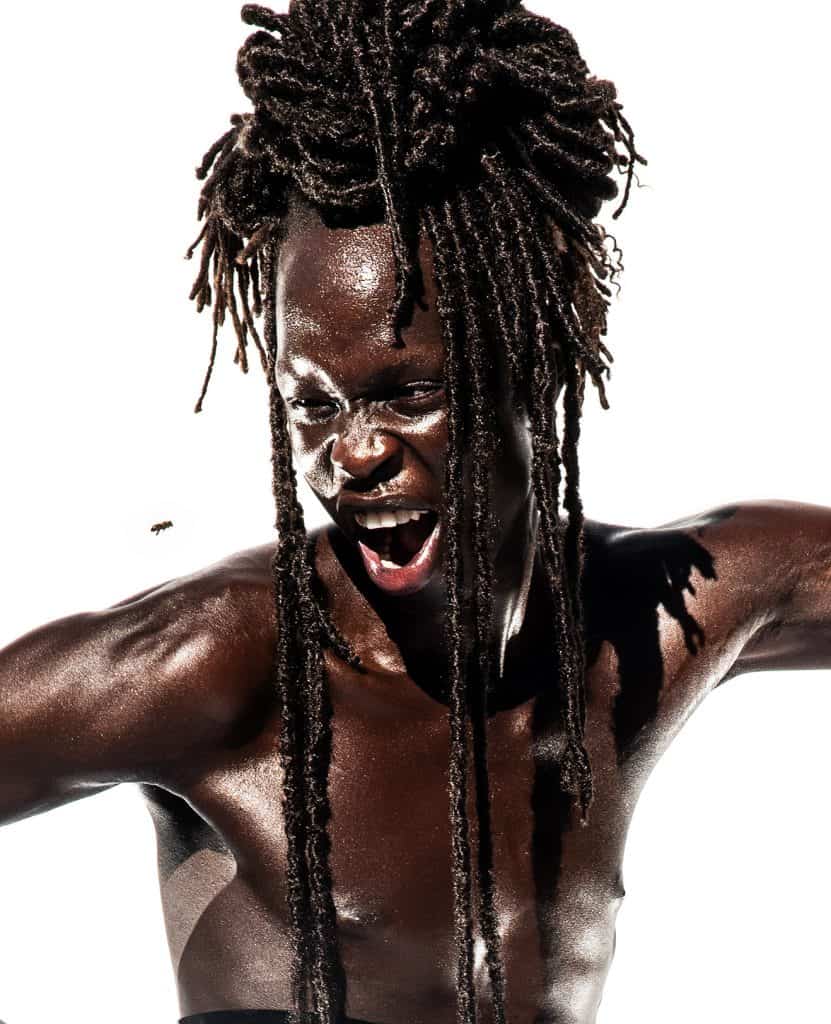
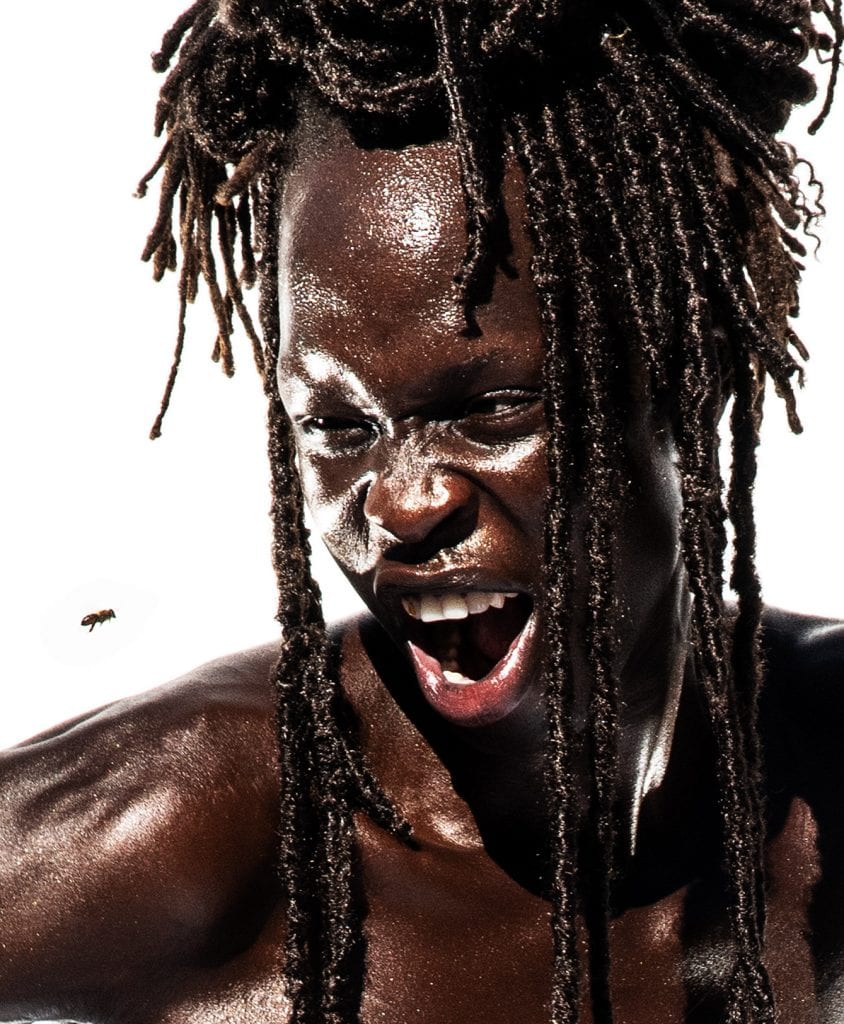
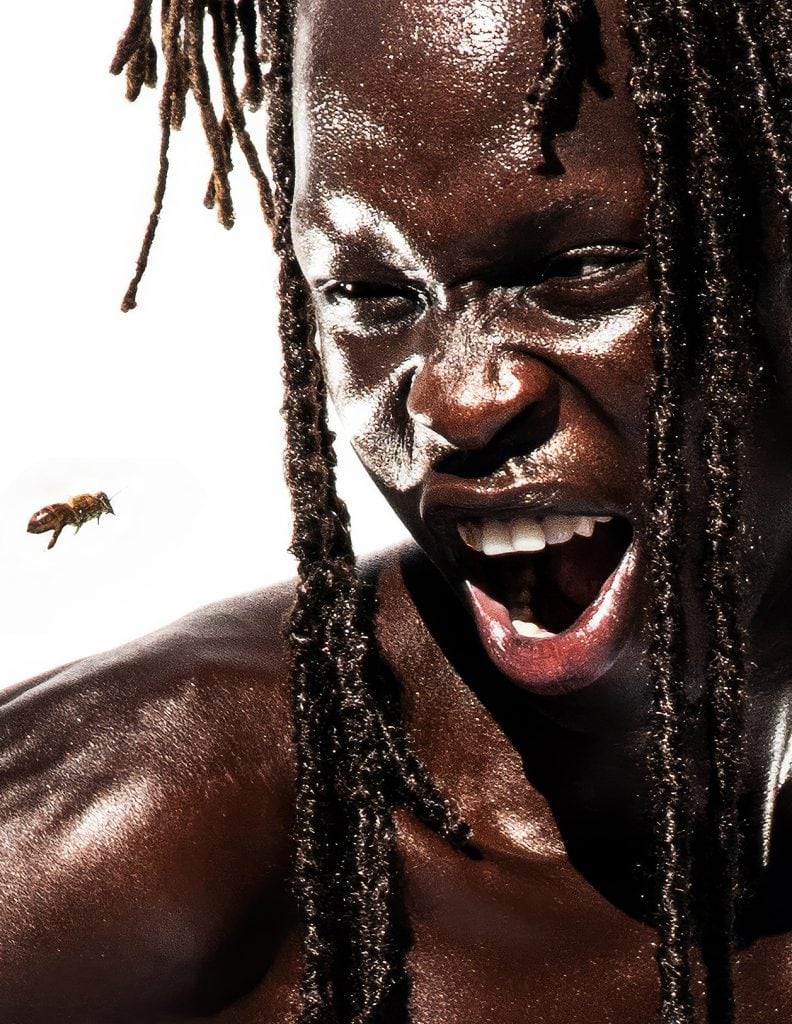
Nyang on set for IRK, having an unexpected bee encounter.
Share this post
Miranda Penn Turin hates bios - especially the cringey way they’re always
written in the third person, as if we all didn’t know who’s writing these things. She was born in Boston and still loves the accent, which she may bust out at any given moment.
Miranda started shooting when she was about 16, became a ‘professional photographer’ in her twenties and continues to find different ways to define what that means. It can be shooting on set with a cast of celebrities, on location with a glam team and a motorhome, or by herself in far-flung edges of the desert or forest or urban landscape. Her favorite subject is pretty much whatever is in front of her - she’s happiest with a camera in her hand.
Despite the fact that her former agent told her that she needed to be meaner, especially to her crew, Miranda remains weirdly good-natured and friendly to pretty much everyone. She has been honored with awards, yada yada, this biographer isn’t going to bore you with a list.
Speaking of lists! Miranda is a multi-hyphenate (there goes a hyphen right there), photographer-director-writer who has the best crew on the planet and loves her extended family of creative collaborators. Her favorite vice is cussing.
Miranda lives in unincorporated Castaic, LA County’s best kept secret, with her husband Bob and their Catahoula mix, Riley B King.
Read Next

